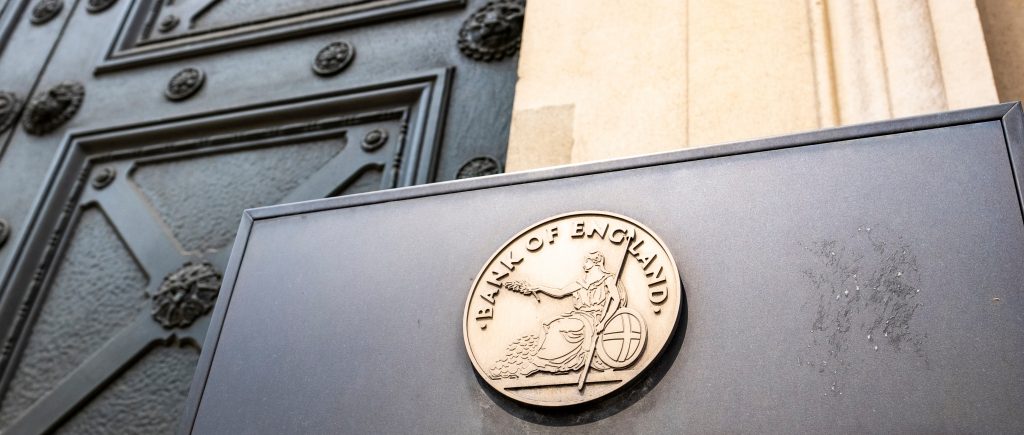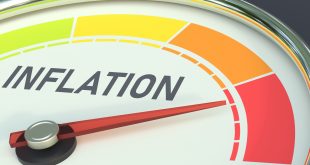The Bank of England hiked interest rates by a half-point more than predicted on Thursday, citing “significant” data indicating that British inflation will take longer to decline.
The Bank of England’s Monetary Policy Committee (MPC) voted 7-2 to raise its main interest rate to 5% from 4.5%, the highest since 2008 and the steepest rate hike since February, as inflation and wage growth have remained stubbornly low since policymakers last met in May.
“The economy is doing better than expected, but inflation is still too high and we’ve got to deal with it,” BoE Governor Andrew Bailey said after the decision. “If we don’t raise rates now, it could be worse later,” he added.
Reuters surveyed economists expecting a hike to 4.75%, while financial markets earlier on Thursday saw a roughly 50% possibility of an increase to 5%, following higher-than-forecast inflation figures on Wednesday.
Following the BoE decision, sterling momentarily rose against the US dollar, while two-year bond rates briefly fell below 5%.
“There has been significant upside news in recent data that indicates more persistence in the inflation process,” the MPC said. “Second-round effects in domestic price and wage developments generated by external cost shocks are likely to take longer to unwind than they did to emerge.”
MPC members Silvana Tenreyro and Swati Dhingra voted against the rate hike, as they did all this year, arguing that much of the impact of previous tightening had yet to be realised, and that forward-looking indications pointed to sharp reductions in inflation and wage growth ahead.
Britain’s high inflation rate is also a source of concern for Prime Minister Rishi Sunak, who has committed to cut the rate of price increase in half this year in an effort to regain public favour ahead of a national election in 2024.
Sunak, according to a spokeswoman, endorsed Bailey just before the rate announcement on Thursday. Jeremy Hunt, the Finance Minister, stated that the Bank of England has his full backing and that “tackling inflation relentlessly must be the immediate priority.”
Expectations for BoE rate tightening have risen in recent days, dramatically rising the cost of new mortgages, and financial markets projected the Bank Rate to peak at 6% by the end of the year before Thursday’s announcement. Reuters surveyed economists last week, who predicted a 5% peak.
Britain’s economy, which has been damaged by the shock of Brexit as well as the COVID-19 epidemic and the spike in petrol costs induced by Russia’s invasion of Ukraine, has so far avoided a widely anticipated recession in 2023.
However, unlike most other major developed countries, output has only just rebounded to pre-pandemic levels, and growth this year is expected to be as low as 0.25%, according to BoE predictions released last month.
The Bank of England’s rate hike follows the European Central Bank’s move last week to raise rates by a quarter-point to 3.5%, as well as rate increases by the Swedish and Norwegian central banks earlier on Thursday.
While Britain has a difficult inflation problem since inflation has been slow to decline from a 41-year high of 11.1% last year, other central banks perceive difficulties as well.
On Wednesday, Bundesbank President Joachim Nagel described inflation as a “very greedy beast,” while US Federal Reserve Chair Jerome Powell said more rate hikes were still “a pretty good guess” despite last week’s hiatus.
The Bank of England maintained its prior policy advice, stating that if there was indications of more persistent pressures, then monetary policy would be tightened further.
 Noor Trends News, Technical Analysis, Educational Tools and Recommendations
Noor Trends News, Technical Analysis, Educational Tools and Recommendations




